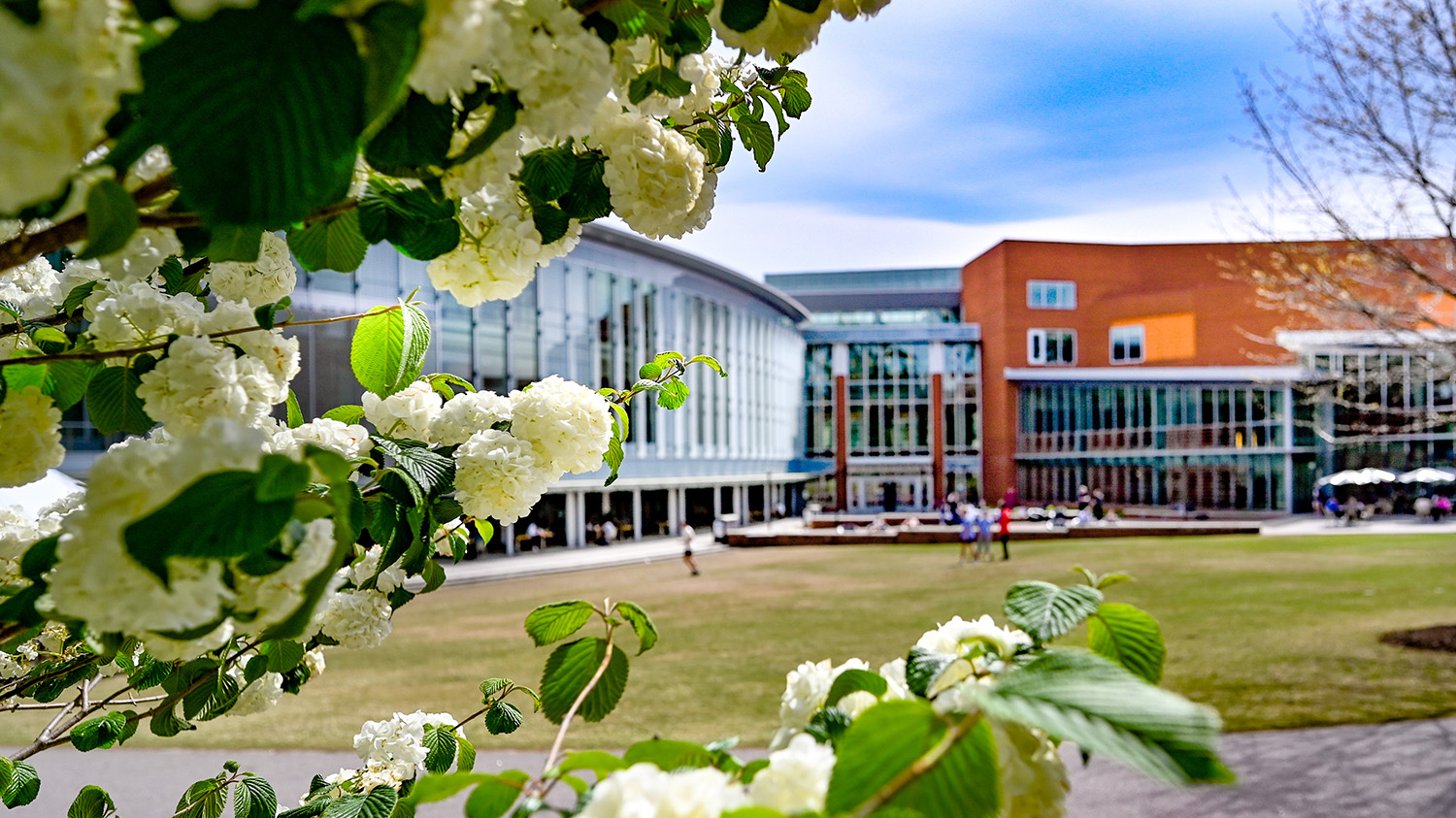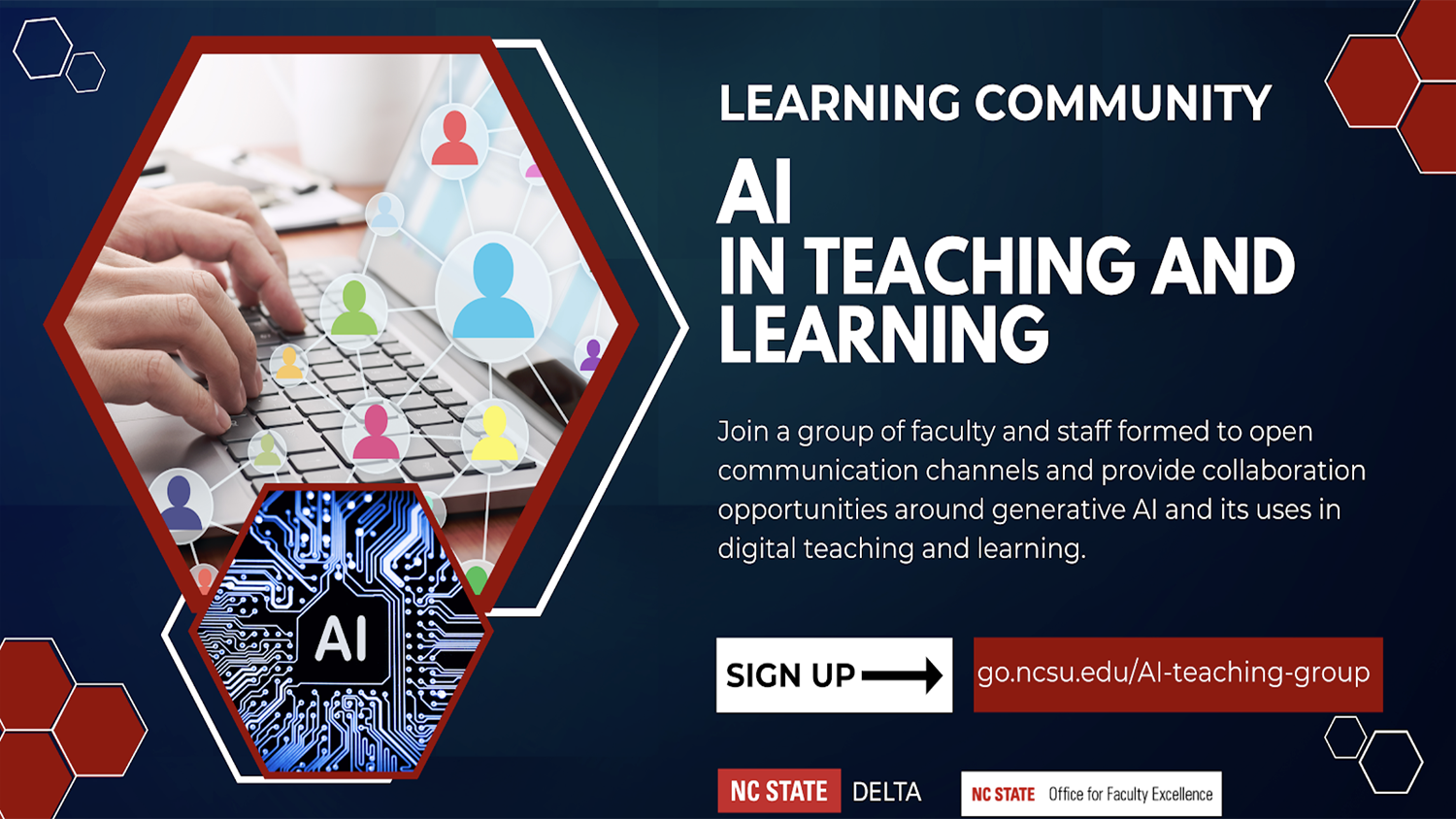Sustainable Trash Talk
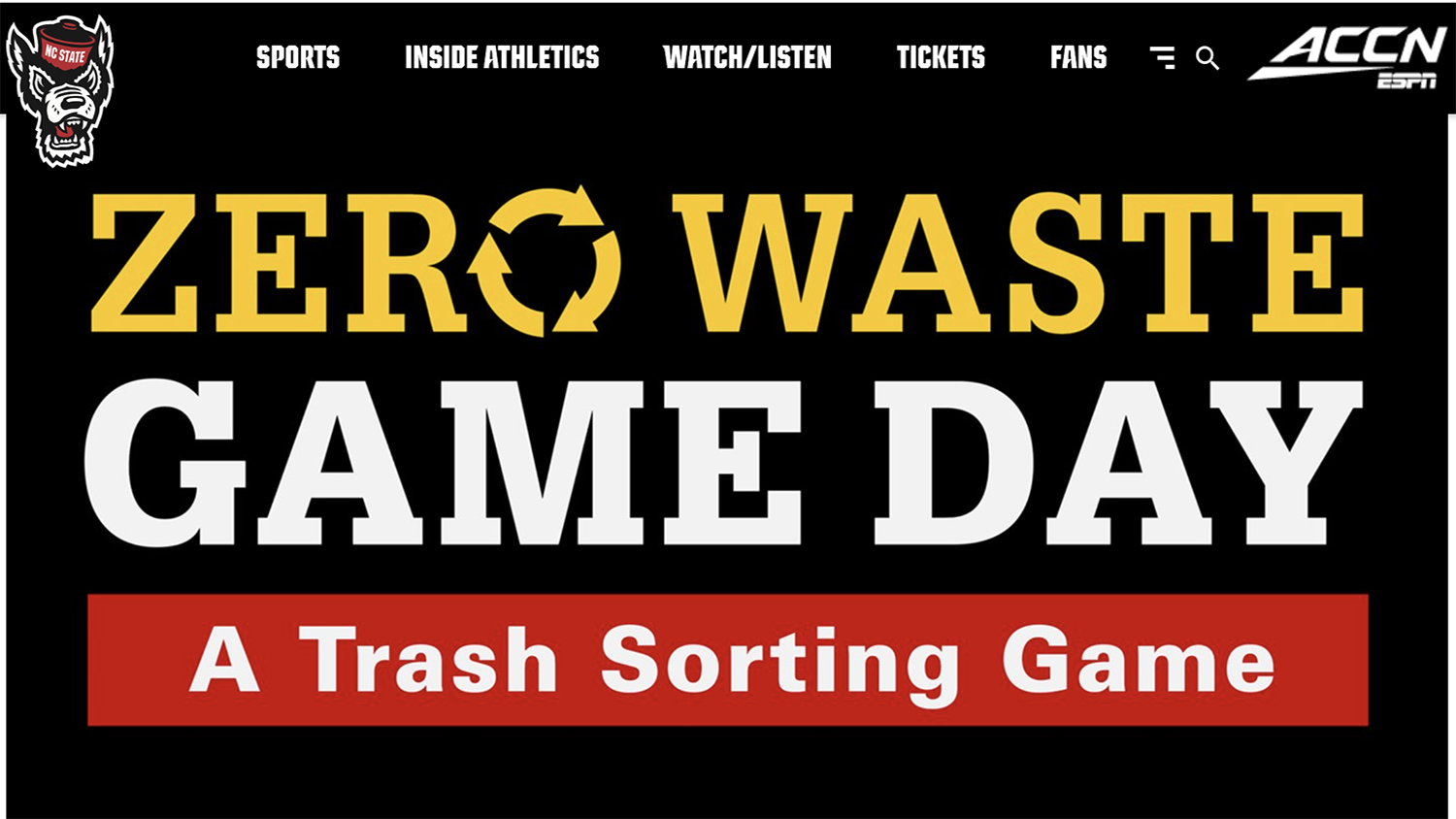
Isn’t it exciting to be a part of a sold out crowd at Carter-Finley Stadium cheering as NC State football players celebrate a big win? Next time, as you are leaving, take a look at the trash, food and plastic bottles that are left behind. While it is wonderful to be a part of the winning team, we should also consider not making Mother Earth the losing team in this scenario.
Associate Professors Kyle Bunds and Jonathan Casper applied for a DELTA Grant to focus on educating future facility managers and marketing/communications departments of sports organizations with the goal of attacking big sustainability problems at their core. Much of the problem with the current approach is due to the fact that the responsibility of properly handling waste materials is placed upon individuals like fans and employees. Bunds believes there needs to be a shift to placing this responsibility onto the sports organizations.
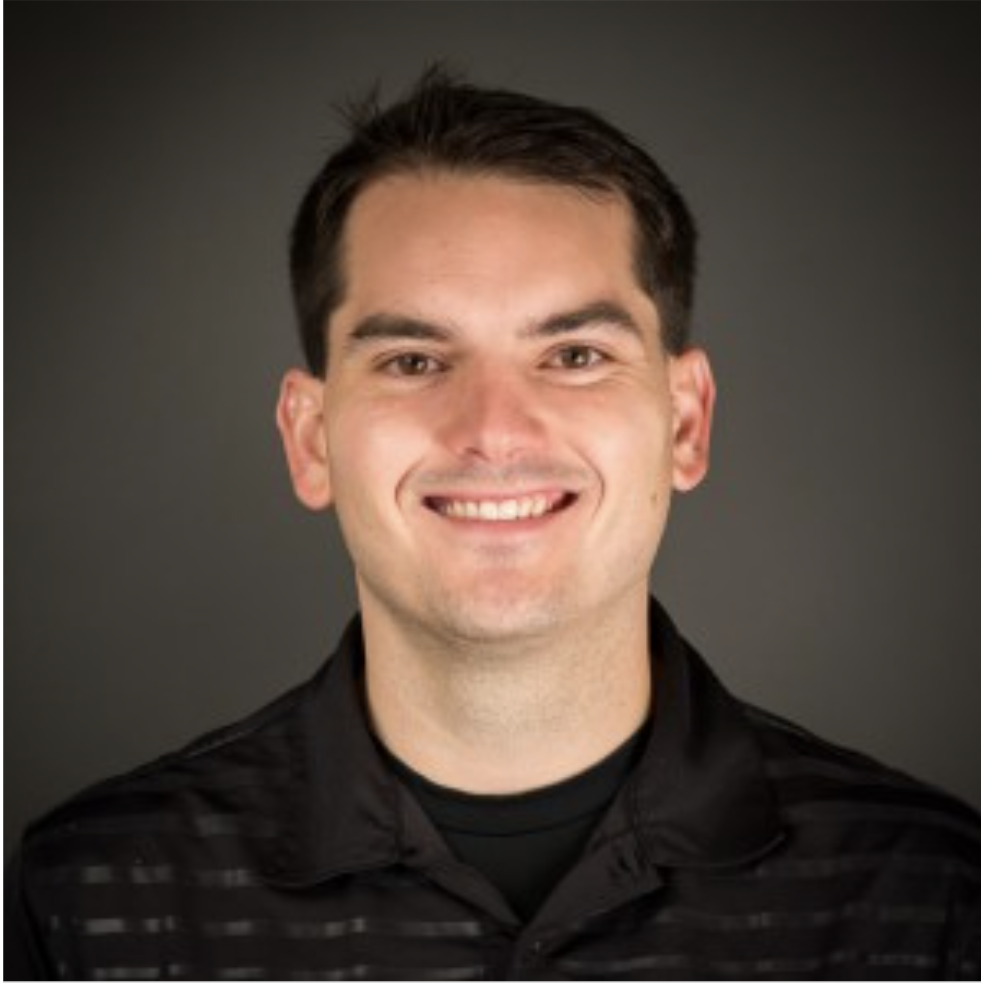
“For facility management, I try to instill first in the students the understanding that facilities don’t exist in a vacuum. Sport facilities are part of a community and facility managers and administrators have a responsibility to act appropriately in taking care of their community. So, the waste created at a sporting event goes somewhere — it goes out into the community. For me, creating the videos and educational materials is about teaching students the benefits of operating a sustainable facility, as a community steward, in a sense. To really understand how and why facility managers make decisions to recycle or compost, it is my belief that students need to understand the true impacts and what happens once the waste leaves the stadium,” explains Bunds.
This project benefits students in several classes. Bunds uses the deliverables as part of the online distance education course PRT 511: Sport and Entertainment Venue Management (Facilities), which is part of the online Sport and Event Venue Management (SEVM) Graduate Certificate, and for his undergraduate course PRT 478: Sustainable Sport Facility Management. Casper uses the outcomes of this project in PRT 507: Sport Marketing, which has two sections, one for the Master of Parks, Recreation, Tourism and Sports Management (MPRTSM), and one for the SEVM program. In addition, Casper teaches PRT 476: Sports Marketing, which also utilizes the deliverables.
Innovational Way to Address this Wicked Problem
What better way to increase student engagement and knowledge than by playing a game and watching videos? It sounds too good to be true, but that is just what DELTA helped Bunds and Casper to create for an innovative way to teach students a new approach to social marketing aimed at changing habits and attitudes about sustainability — not an easy thing to do.

“A long-term goal is to use similar material for municipalities (such as Apex and Cary). These will help residents understand what waste goes in which bins as well as stress the importance of why they need to make the right waste decisions,” adds Casper.
Bunds and Casper agree on the major takeaway from this project stating “I learned a lot throughout the process, but one thing that really stood out to me was how appreciative GFL Environmental and the landfill people were for the assistance and interest of the NC State recycling and composting groups we represent. The more people compost and recycle, the better it is for landfills and the community. So, I think I gained a better appreciation of the entire process and how landfills, recycling and composting work in concert with one another. Another thing that stood out is how amazingly capable the DELTA team is — and I mean that. We said we wanted videos, VR, and a game created and nobody blinked. They actually made it happen. Lead Multimedia Designer Rich Gurnsey, Instructional Media Producer Arthur Earnest, Creative Director Mike Cuales, Lead Instructional Designer Jakia Salam and Multimedia Specialist Stephen Waddell were an absolute joy to work with. However, I am fearful that they might be wary of talking to us again after we asked so much of them!”
Background and Deliverable Creation
Zero Waste Wolfpack was adopted in 2015 as the cornerstone of sustainability at Carter-Finley Stadium. It encompasses pregame tailgating and stadium recycling programs including WE Recycle and the in-game compost collections program known as Carter-Finley Composts under one umbrella. It is also a partnership with GFL Environmental, Coca-Cola, NC State Athletics, Wolfpack Sports Properties and Waste Reduction and Recycling. Since its inception in 2015, this program is responsible for diverting 67,000 pounds of waste from landfills due to this concentrated approach to sorting.
This grant was used to create a virtual reality (VR) experience for students to effectively learn how to manage waste materials in stadiums and arenas with large crowds of people who make large amounts of trash. These learning tools teach students and sports fans how to properly handle waste and provide an informative behind-the-scenes look at how waste is processed.
A Zero Waste Game Day: A Trash Sorting Game was developed to educate players on all the different types of waste and whether it should be recycled, composted or sent to the landfill. This game works on both mobile devices and desktops. It addresses the problem of teaching the many well-intentioned people who do not realize the impact of placing an item in the incorrect container. This is called contamination and nearly 12-15% of material that goes into a recycling container is incorrectly disposed of. Contaminated materials stop production lines and can clog machinery. So, this material has to be separated by hand and taken to the landfill.
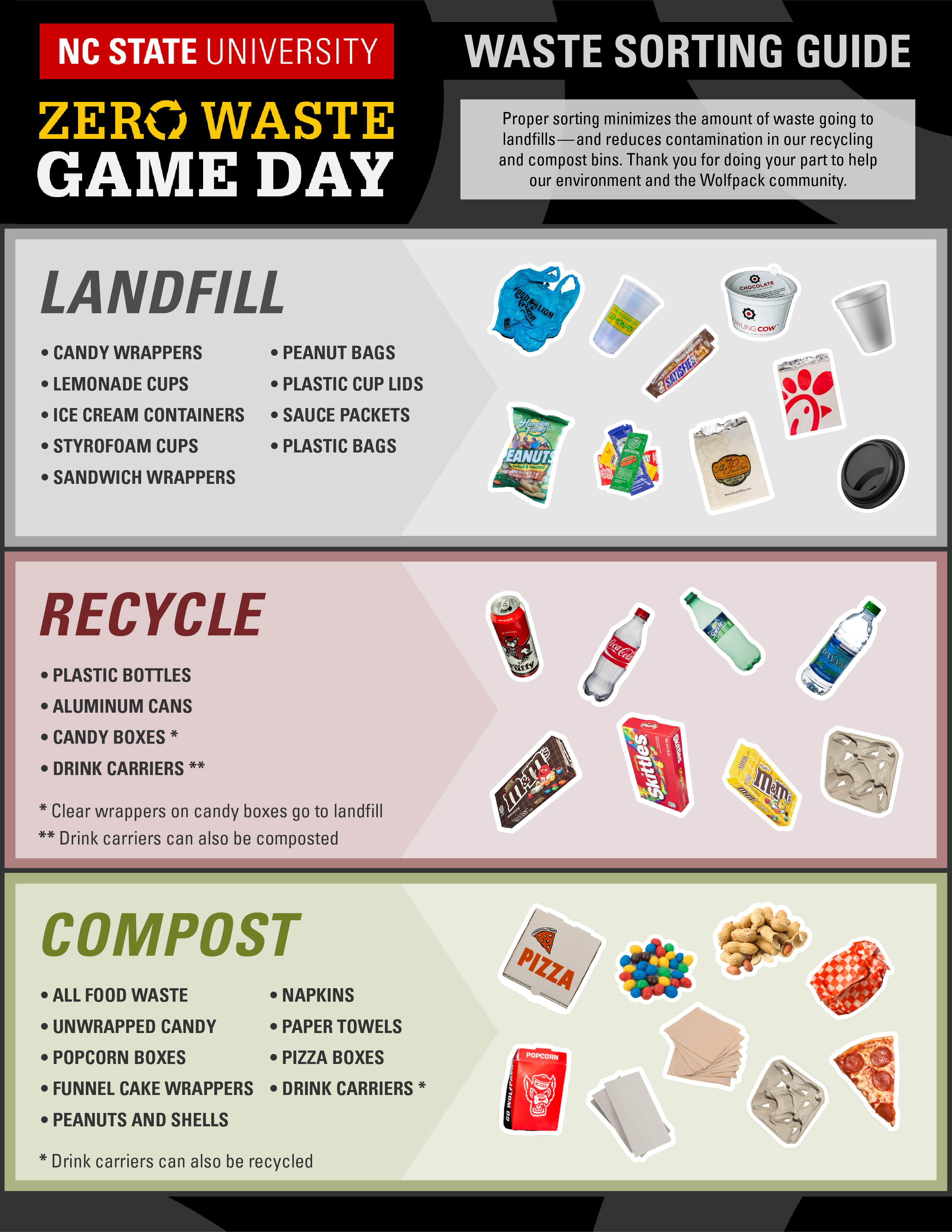
Due to the pandemic situation, small teams went out to shoot footage and interview people for the VR videos that were produced so students could experience what the landfill and recycling sights are like. The end-products show in-depth coverage of the settings and are a valuable teaching tool. However, some parts of the experience cannot be “seen” and must be “felt”.
“So, I’ve been to the landfill a few times as a part of tours that were open to the public. But, until this project, I had not had the opportunity to stand in the middle of this giant trash heap and really appreciate the full aroma of thousands of tons of fermenting garbage. I could actually feel a gritty residue that was left on my teeth. The scale and expanse of the landfill did introduce some logistical challenges, but we were still able to capture the bulk of the traditional and 360 video components in just a couple days of production,” explains Cuales.
The DELTA team intentionally designed the above mentioned game and five videos to be accessible to anyone with audio content as well as closed captioning. And, anyone can access the game to learn how they can be a part of the solution to the landfill and recycling problems that threaten our planet.
In addition, these media products are under consideration for use on the participating landfill and recycling company websites as well as this year’s Youth Climate Summit at the Museum of Life and Science in Durham.
For more information about creating content for your courses, please apply for a DELTA Grant.
